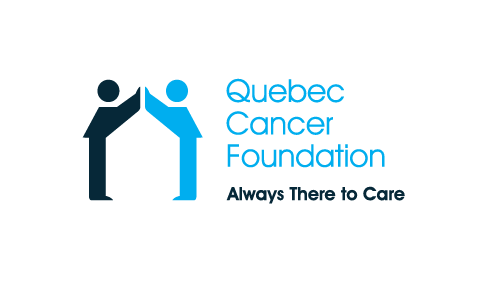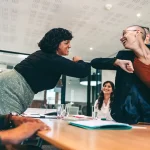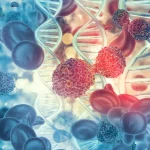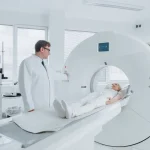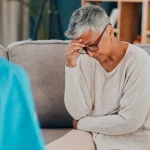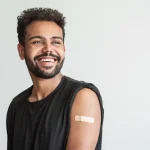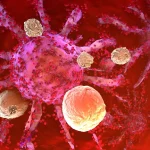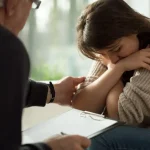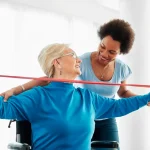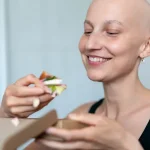Reclaiming your life after cancer
Sometimes this change is gradual; other times it happens abruptly. Friends and family usually want to celebrate the end of treatments. Now that the hard part is over, they want life to return to normal. They want to forget and move on. They also think that recovery will be fast. They might also expect to get back the same energetic person they always knew.
But is this actually how it works?
Unfortunately, for many people who have had cancer, this is not what happens. They may feel like celebrating with their loved ones but are too tired to do so. They may find it difficult to just forget months of worry, fear and suffering. Physical recovery can also take longer than expected.
Is it possible to go back to the way things were? As with any challenge, cancer can leave its mark. Priorities can change. People can feel more empowered after going through such a major crisis; they may even be a little wiser. Cancer can transform people slowly or suddenly and this can be destabilizing for loved ones, who may not understand what is happening. Perhaps they feel that now that everything is over, it’s time to turn the page. But this might not be how the person in remission is seeing the transition.
The key is time. Time to slowly re-enter the normal flow of life. There is a period of adjustment that varies from one person to another. People need to reclaim their own bodies, which for quite a while were subjected to treatments that resulted in side effects: hair loss, weight loss, dull complexion, etc. Cancer can also have a psychological impact: diminished self-confidence, fear of relapse, grieving the loss of one’s old life, etc.
Focusing on your well-being
For a greater sense of serenity as you return to active living, you need to take it one step at a time, focus on taking care of yourself and enjoy life’s little pleasures along the way. The Quebec Cancer Foundation is also there for people who need support during this transition period. The experienced oncology nurses at the Info-Cancer Hotline are available to listen, reassure and accompany people in remission and their loved ones. They can give you advice on resuming an active life, increasing your energy level, returning to work and much more. Plus, documentation on a variety of topics can also be mailed or emailed to you for free, anywhere in Quebec. You can also use the telephone peer matching service and speak with someone who had cancer and faced a similar situation. Other services, such as kinesiology and art therapy, are offered free of charge for one year after the end of treatments.
In sum, practising self-care, pampering yourself, having realistic expectations, getting support and taking your time are all ways to help make your return to a balanced and active lifestyle that much easier.
For more information, contact the Info-Cancer professionals at 1-800-363-0063.
Info-cancer
Need information, a listening ear, resources and to share?
Our Info-cancer staff is there to:
- Answer your questions;
- Refer you to resources in your area;
- Provide you with useful documentation;
- Put you in touch with someone who has gone through the same ordeal, whether you or a loved one.
Borrow one or more books on the subject for free:
Monday to Friday, from 9 am to 5 pm
1-800-363-0063 (free of charge) | infocancer@fqc.qc.ca
Sources
- Katz, Anne. After you ring the bell… 10 challenges for the cancer survivor, Hygeia Media, 2012, p. 11. Borrow this book.
- Carrère d’Encausse, Marina ; Cymes, Michel ; Freyer, Gilles. L’après-cancer. Vos questions : nos réponses, 2011. p. 20-23. Borrow this book.
- Article en ligne « Revivre après un cancer » : www.psychologies.com/Bien-etre/Sante/Cancer/Articles-et-Dossiers/Revivre-apres-un-cancer
- Article « Comment revivre après les traitements » : www.roche.fr/patients/info-patients-cancer/vivre-avec-un-cancer/guerison-cancer-vivre-apres.html
